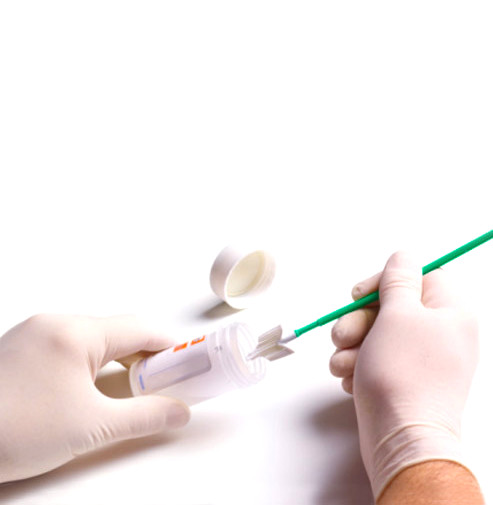HPV heading for zero
 A new review suggests cervical cancer could be eliminated in Australia within the next four decades.
A new review suggests cervical cancer could be eliminated in Australia within the next four decades.
Research published by the International Papillomavirus Society, led by doctors in Melbourne, shows the rate of Human Papillomavirus (HPV) in women aged up to 24 has fallen from 24 per cent to just 1 per cent in the last decade.
The decline was linked primarily to the national immunisation program for boys and girls, which began in 2007.
Professor Suzanne Garland, the director of the Centre for Women's Infectious Diseases at the Royal Women's Hospital, said the decline looks set to continue.
“That's massive. Where else have we seen the elimination of a cancer?” she said.
“That's contingent on a high coverage of vaccine. Australia is really in the lead here, [there's been] really good coverage through the school-based free vaccine program.
“For example, the genital warts the vaccine protects against, already we've seen a reduction of over 90 per cent — that's huge.”
Current stats suggest about 930 women will be diagnosed with the disease this year, 258 of whom will die from it.
An improved version of the Gardasil vaccine will be available to all 12 and 13-year-olds nationwide, while a new screening program will soon start to detect more women at risk.







 Print
Print